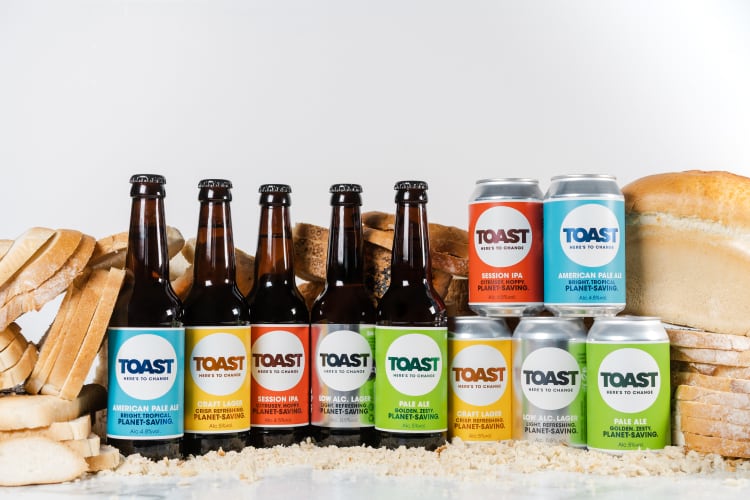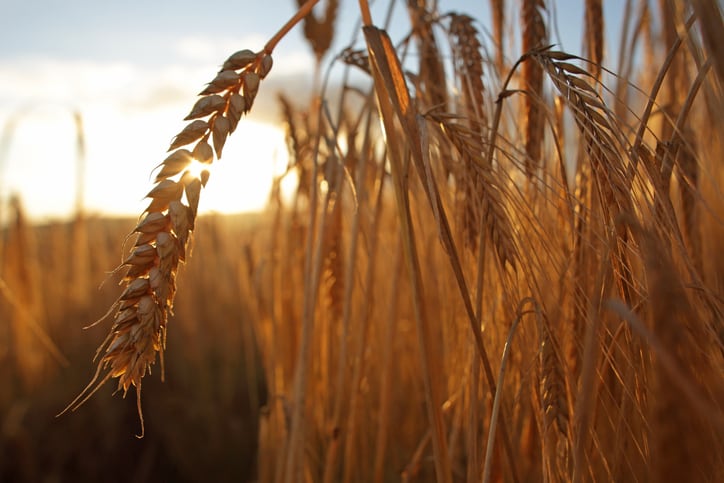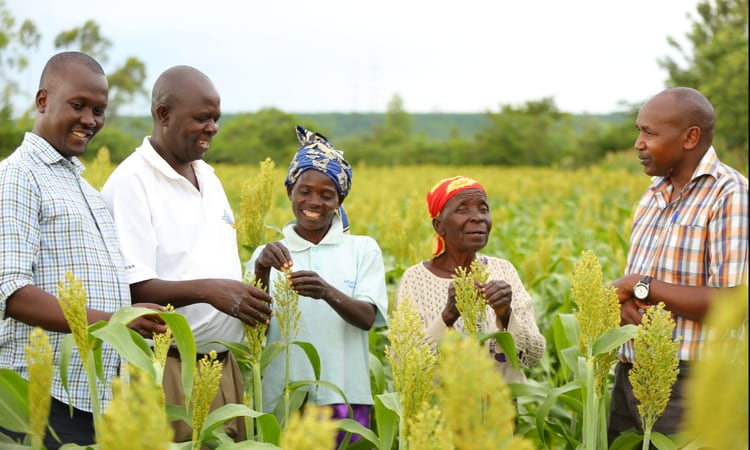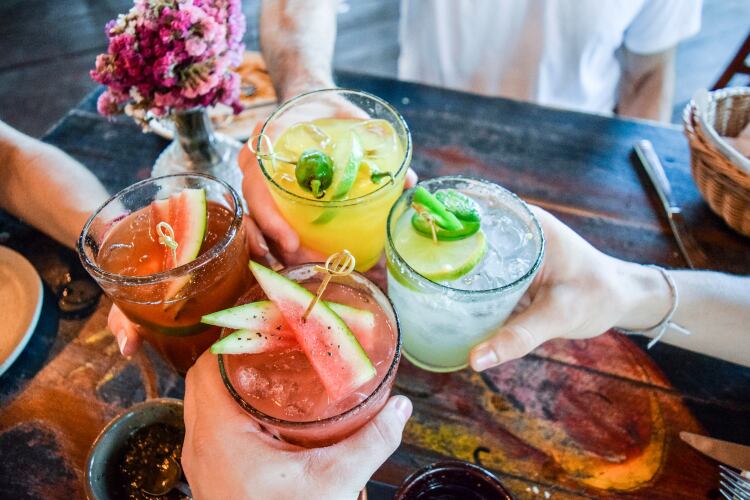Taste Ale has upcycled 2.9 million slices of surplus bread since its launch in 2016, working with a small number of bakeries and sandwich manufacturers in the UK to turn their waste into beer.
Over the last six years, Toast has collaborated with 86 breweries, supporting them to supply surplus bread to their brewing business. “That [number] includes our Companion Series in the run up to COP26, where we brought together 24 other breweries, including Heineken brands Beavertown and Brixton Brewery, to all use surplus bread and send a joint open letter to world leaders to say that the food system needs to be on the menu,” revealed Co-Founder and Chief Operating Officer Louisa Ziane. “We’ve most recently worked with Adelie Foods (which sadly went into administration during lockdown), Warburtons, Hobbs House Bakery, Jackson’s and EF Bakers.”
The beverage innovator now wants to further scale its efforts to tackle bread waste – and has secured a fresh capital injection of over £2m to support its work.
Investors include the National Geographic Society, the impact-driven non-profit that has supported Toast since its seed round in 2018, Heineken International, and former Unilever CEO Paul Polman.
All investors have committed to Toast’s unique investment model, 'Equity for Good', which requires shareholders to reinvest any capital gains on selling the shares into social impact businesses and funds. Investors also do not receive dividends, as all Toast’s distributable profits go to charity.
Collaborating for a circular future
The investment will be used to scale the brewery’s work with bakeries to prevent bread waste. “We plan to scale the amount of surplus bread we can use from both existing and new partners. The R&D work next year will help us to establish the roadmap towards 1bn slices but it will involve cross sector collaboration which we have always championed,” Ziane told FoodNavigator.
When it comes to the brewing business, Toast isn’t focused on going it alone, with plans to deepen collaboration efforts to maximise impact. This means working alongside bakeries – but also sharing its know-how and learnings with other brewers. Funds will support the continued growth of Toast’s beer business, research and development to help more bakeries to prevent waste, and innovation to enable more breweries to use surplus bread to reduce the environmental footprint of their beers.
According to Toast, the industry has not yet fully embraced the circular economy due to challenges such as the food safe sourcing and effective processing of bread, and the efficient use of bread in the brewhouse. Toast has overcome these challenges and is now able to ‘elevate its support’ for other industry players. “We’ll be working with bakeries to help them to avoid waste and working with other breweries, including Heineken, to adopt more circular economy principles,” we heard. “We’ll continue to grow, working with brewery partners to produce our beer. We’ll also be supporting other breweries, including the work with Heineken on the circular economy as part of their Net Zero goals.”
Towards net zero beer
Toast will cooperate with Heineken as a strategic investor, focussing on research and development as part of Heineken’s net zero strategy, the companies revealed. “We have an ambition to reach net zero carbon emissions in our production by 2030 and our full value chain by 2040. We believe achieving these ambitions requires working in partnerships that can scale innovation and research to develop best practices,” Magne Setnes, Heineken Chief Supply Chain Officer, said. “We are delighted to collaborate with Toast, it is through our collective effort that we can achieve our shared goals, scaling our positive contribution and limiting our negative impacts on the environment. Like Toast, our ambition is to maximise the circulatory of all our products, in other words move from take-make-waste to reduce-reuse-recycle.”
Working with Heineken will allow Toast to apply some of the learnings it has generated at a larger production scale. “Since we launched in 2016, we’ve overcome many of the hurdles involved in brewing with bread, from ensuring traceability and food safety, to the efficient use of the bread in the brewhouse. We have collaborated with other breweries to share this knowledge, however, it has not been adopted at scale. Working with Heineken on R&D will help us to further address challenges, particularly for large breweries who need to be involved to solve an industrial-scale problem,” explained Ziane.
The aim is to support the transition towards a net zero beer sector. For its part, Toast has measured and reported on its scope 1-3 emissions since 2019 so it is able to ‘monitor the impact’ of ‘all decisions’. Within its operations, it works to minimise waste and ensure by-products remain within the circular economy model. For instance: “Spent grain is collected by a local farmer to be used for animal feed and spent hops are collected for use for compost.”
The company is also a believer in decentralised, local production systems. “We have never exported our beer, and instead worked with breweries around the world to brew locally with local sources of surplus bread. We plan to continue working on this basis,” Ziane stressed.
“We set out with a mission to brew great beers and spread big ideas that can change the world, and are proud of the positive impact we have. Collaboration has always been key to our strategy for achieving change, and we’re excited to be able to scale our work to support bakeries and breweries to embrace the circular economy,” the Co-Founder concluded.




